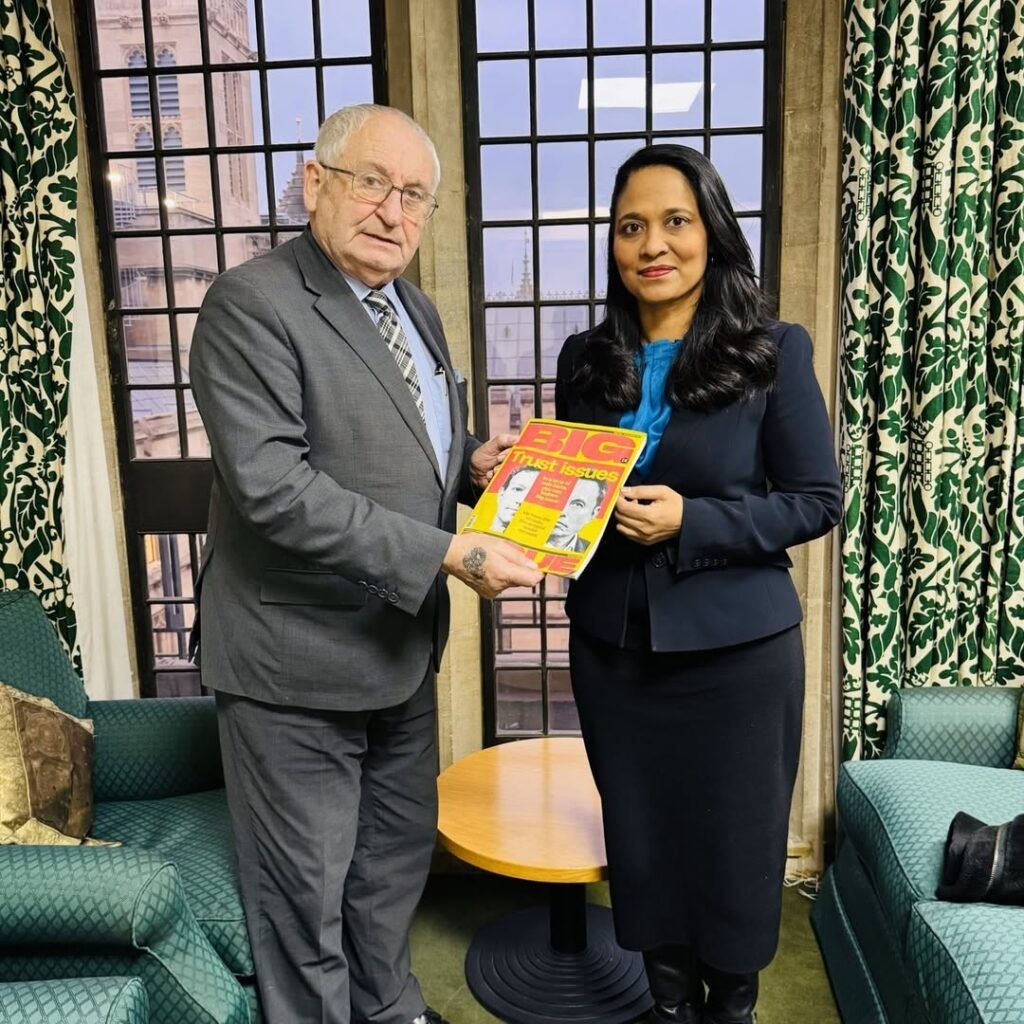Rushanara Ali, Labour MP for Bethnal Green and Stepney, has recently found herself at the centre of a fierce public debate. As the government’s Homelessness Minister, her track record spans more than a decade, yet her latest actions and policies have dominated headlines and sparked a national conversation about values, leadership, and the direction of British housing policy.
From Bangladesh to Bethnal Green: A Remarkable Journey
Born in Bangladesh in 1975, Ali moved to East London at age seven. Her early life in Tower Hamlets, amidst London’s vibrant Bangladeshi community, helped shape her passion for social justice. The first in her family to attend university, Ali graduated from Oxford before embarking on a career marked by public service. Since being elected in 2010, she’s held her seat through changing political landscapes, earning a reputation as a prominent voice for minority communities and international human rights.
Stepping into the Spotlight: Role as Minister
In July 2024, Rushanara Ali was appointed Parliamentary Under-Secretary of State at the Ministry of Housing, Communities and Local Government. Her remit covers the crucial portfolios of homelessness, rough sleeping, and elections policy. The role, always demanding, took on new importance as the country faced persistent housing shortages and soaring living costs.
Ali’s appointment was widely seen as a positive step. Her lived experience and extensive experience working across government seemed to offer much-needed empathy and understanding to the national debate on homelessness and rough sleeping. She joined the government as it promised to reform the housing sector, with major new initiatives announced to streamline home buying and enhance tenant rights.
The Rent Row: A Test of Principles
Yet, in summer 2025, headlines took a sharp turn. National newspapers reported that Ali, who owns a four-bedroom property in east London, had re-listed her townhouse with a £700 monthly rent increase after her previous tenants moved out. The rise moved the rent from £3,300 to £4,000 a month. The reports claimed that former tenants received four months’ notice last November that their lease would not be renewed. A spokesperson said Ali “adhered to all pertinent legal obligations” and that tenants had the option to stay on a rolling contract while the property was up for sale, but chose to leave.
Supporters argue Ali acted within her rights as a landlord and followed all legal procedures, including the notice period required by law. They note the property was re-listed at a higher rate only when it failed to sell. Critics, however, see the move as undermining her vocal support for renters’ rights, especially given her previous stance against unfair rent hikes and her support for increasing protections in ongoing legislation. Shadow ministers and housing campaigners seized on the story, calling for her resignation and accusing her of “extreme hypocrisy”.
Policy at the Crossroads: Renters’ Rights and Housing Reform
The controversy lands at a pivotal moment for UK housing. Parliament is finalising new legislation to overhaul tenants’ rights, eliminate “no-fault” evictions, and bar landlords from re-listing a property for rent for six months after seeking possession for the purpose of selling. The Renters’ Rights Bill is now through its third reading in the House of Lords and is expected to become law soon.
As Homelessness Minister, Ali has championed these reforms. In public statements, she has insisted that new rules will “empower people to challenge unreasonable rent increases” and clamp down on practices that exploit renters. Yet, this latest episode has fuelled demands for even tougher action, with pressure mounting on Labour to demonstrate its commitment to tackling the housing crisis from the top down.
Strengthening Democracy in a Challenging Era
Beyond the housing debate, Ali is at the forefront of efforts to strengthen the UK’s democratic institutions. In July and again in July 2025, she set out plans for more secure, transparent, and inclusive elections. Speaking in Parliament, she called for the extension of voting rights to 16- and 17-year-olds, digital voter identification, and new rules to combat foreign interference in political finance.
Civil society groups and political analysts welcomed the bold reforms, noting that they reflect a pressing need to modernise elections and restore trust in British democracy. Ali’s emphasis on transparency and resilience is seen as timely, given growing concerns around the influence of big money and international actors in UK politics.
A Record of Advocacy and Intersectionality
Ali’s influence extends well beyond housing and electoral reform. Previously, she chaired several All-Party Parliamentary Groups, including those on Bangladesh and the Rights of the Rohingya, highlighting her internationalist outlook and commitment to minority causes. Her voting record shows strong alignment with Labour on social issues but reveals she is willing to differ from her party when principles are at stake.

The Road Ahead: Public Trust and Political Accountability
Whether this moment represents a stumble or a crossroads for Rushanara Ali is still being debated. The row over rent increases serves as a stark reminder that public officials’ private conduct is under ever-greater scrutiny. Having built her career on a promise of fairness and opportunity for all, Ali now faces the challenge of defending her actions and regaining public confidence.
As Britain’s housing crisis persists and faith in politics remains fragile, Rushanara Ali’s next steps—as both policymaker and public figure—will be watched closely. Her response will help shape not only her own legacy but also the future of one of the country’s most urgent public debates.
Conclusion:
Rushanara Ali’s recent actions have placed her in an intense national spotlight at a crucial time for housing reform and political accountability in the UK. Her leadership and commitment to tackling issues like homelessness and rental reforms are undeniable, yet the controversy over her own property dealings has raised pressing questions about consistency and trust in public officials. As the government implements landmark changes to tenant protections and modernises election laws, how Ali addresses these challenges will not only shape her own reputation but also reflect wider expectations for integrity in public service. The coming months will prove decisive for both her career and the credibility of the reforms she champions.
Read More: Carlos Baleba: Brighton midfielder in transfer news

